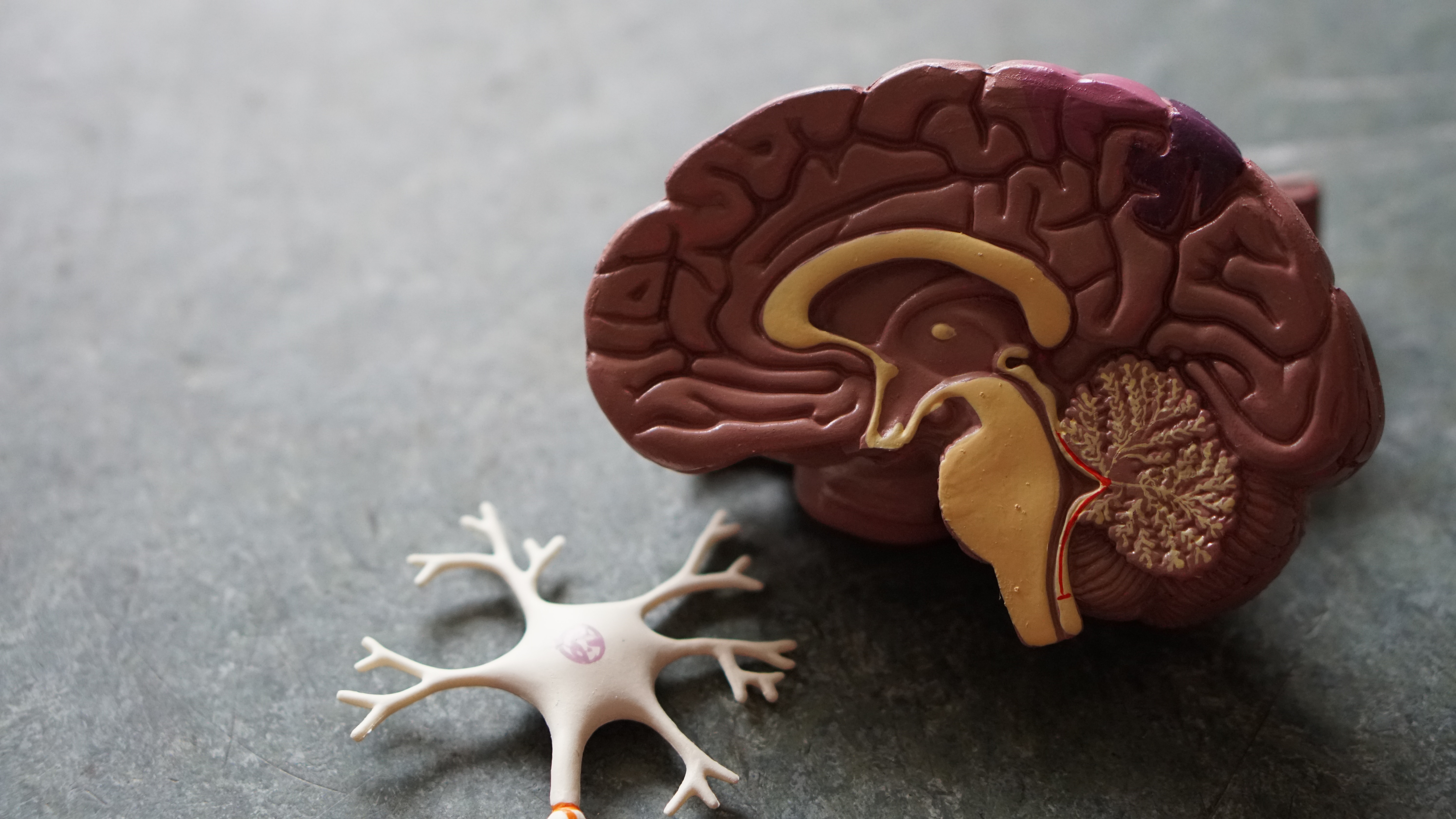Can Medical Cannabis Help with Parkinson's Disease?

Brendan Asked
Does medical cannabis really help with Parkinson's disease?

Answer
Thank you for your question.
What is Parkinson's Disease?
Parkinson’s disease (PD) affects around 1 million people in the US, more than the number of people diagnosed with MS, muscular dystrophy, and Lou Gehrig’s disease combined. There's no known cure for PD, which primarily affects those over the age of 55, as its underlying causes are not yet fully understood. With approximately 60,000 new cases diagnosed each year, PD carries a significant economic burden with a current financial impact of ~$52 billion per year, a number that is expected to grow to $79 billion by 2037 in the United States alone.
A common and chronic neurodegenerative disorder, PD is characterized by problems with motor function including slowness of movement, rigidity, tremors, involuntary muscle movements, and contractions. Parkinson's disease is caused by the degeneration of dopaminergic cells in the substantia nigra, a structure in the midbrain, responsible for the production of dopamine. Decreases in dopamine levels lead to abnormal brain activity, which causes symptoms of the disease.
About Medical Cannabis
More than half of US states have legalized medical cannabis. With this increased access to cannabis, patients and providers are beginning to embrace this plant as a therapeutic option. Though scientists and medical professionals remain divided on the efficacy of medical cannabis as a treatment for diseases such as PD, new studies showing positive results continue to occur.
Dent Institute and Parkinson's Research
The Dent Neurologic Institute has done its own retrospective study on the effects of medical cannabis on Parkinson’s disease with promising results. The Dent Neurologic Institute was originally founded by neurologist Dr. William R. Kinkel to further research Parkinson’s disease in 1963, made possible, by a grant given by Harry M. Dent, the founder of the Durez Company, who was diagnosed with PD and wanted to support research into the ailment. Though it started small, the Dent Neurologic Institute is now among the largest neurological practices in the nation. Mr. Dent’s generous grant and Dr. Kinkel’s lifelong commitment to helping individuals with neurological issues such as Parkinson’s laid the foundation for Dent, which continues to research new therapies such as medical cannabis for the treatment of neurological disorders.
Does Medical Cannabis work for Parkinson's Disease?
In a study conducted at the Dent, out of 69 patients diagnosed with PD, 87% (n=60) observed improvement in at least one PD symptom after initiation of medical cannabis therapy. Pain (61%), spasticity (58%), and tremor (48%) were the three symptoms that demonstrated the most improvement with medical cannabis treatment. Furthermore, over 50% of patients utilizing opioid pain medications were able to reduce their dose or discontinue treatment while on medical cannabis. Though adverse events were noted in 46% (n=32) of patients (fatigue 22%, confusion 12%, dizziness 9% being the most commonly reported), only 2 people discontinued treatment due to (fatigue and confusion) adverse events. Suggesting these, side effects are quite tolerable.
Aside from our small study, other researchers have also investigated the impact of medical cannabis on PD symptoms. As with most medical cannabis research, the overall number of studies evaluating its effects on Parkinson’s patients remains relatively low. This is due in large part to cannabis’ classification as a Schedule 1 controlled substance under US federal law. However, the studies that have been completed thus far show promising results. A randomized, double-blind, crossover trial found a 22.2% reduction in total on-period dyskinesia (involuntary movements) after receiving a synthetic cannabinoid similar to THC, one of the two major cannabinoids found in cannabis.
Another study of PD patients receiving CBD, another major cannabinoid, found significant improvements in sleep, hallucinations/illusions, and delusions. A survey assessing the impact of MC on 47 PD patients found overall symptomatic improvement in 82% of patients, including improvement in tremors, muscle stiffness (rigidity), pain, insomnia, and/or mood. An additional survey-based study including nine PD patients who used cannabis found patient-reported improvements in mood, sleep, motor symptoms, and quality of life.
In an additional study, researchers in Germany sent questionnaires to patients with Parkinson's disease and found that only 8% of patients utilized medical cannabis, but that among those that didn't use it 65% of patients were interested in trying it. For those patients who did use medical cannabis, 40% of them said the drug helped reduce muscle pain and cramps, and 20% said it helped with stiffness, tremors, depression, anxiety, and restless legs. It's important to note that these surveys rely on subjective reports and must be interpreted with caution. Surveys of this type are common as they are easy to conduct, but can't offer definitive proof of efficacy like randomized trials can.
The aforementioned studies, along with Dent’s study support the use of medical cannabis as part of a comprehensive treatment plan for PD as well as the need for additional research. Though medical cannabis therapy has shown promising signs as a therapeutic alternative, principal clinical elements such as optimal dosing and route of administration remain in question. As with most medical cannabis treatments, there is a need for large, randomized, placebo-controlled, clinical trials to fully understand the efficacy and long-term effects of medical cannabis on PD before it can be officially validated as a treatment option.
- Medical Cannabis in the Treatment of Parkinson's Disease (PubMed).
- Cannabinoids reduce levodopa-induced dyskinesia in Parkinson’s disease: A pilot study (Article).
- Cannabidiol for the treatment of psychosis in Parkinson's disease (PubMed).
- Cannabis in Parkinson’s Disease: The Patients’ View (Article).
- Weeding through the haze: a survey on cannabis use among people living with Parkinson’s disease in the US (PubMed).




